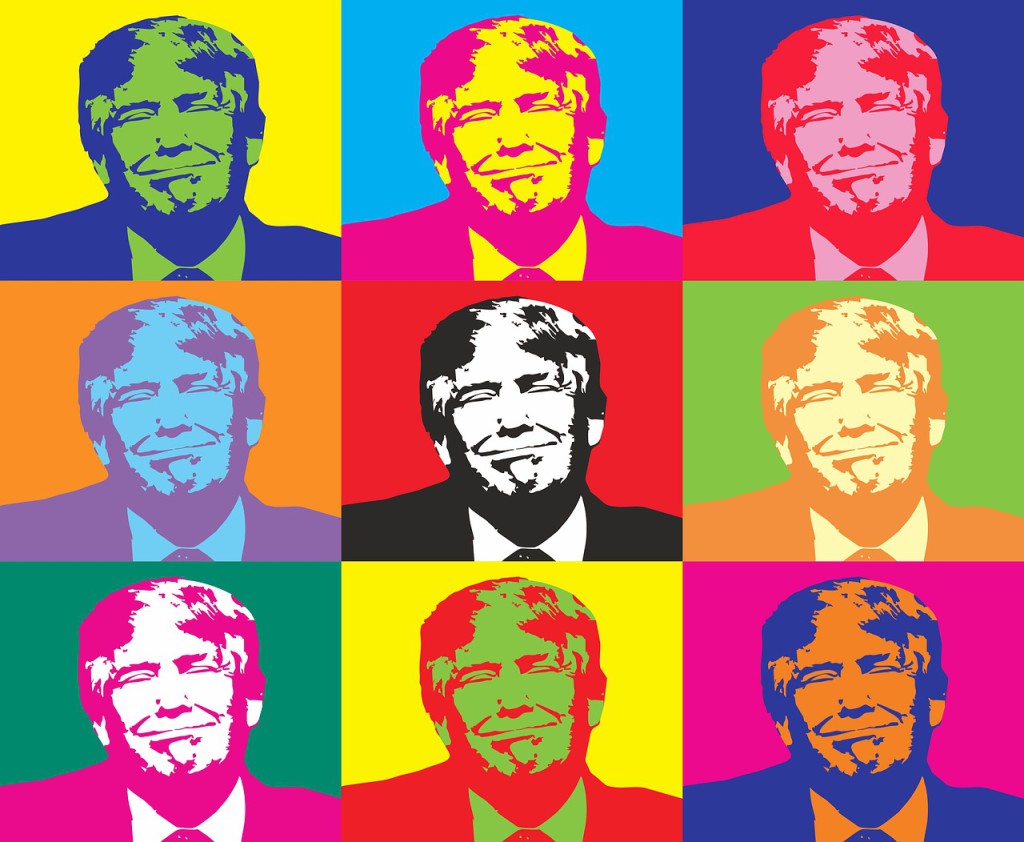Trump heads to the White House: What can South African investors expect?
Related Articles
16 November 2016
Investors should almost certainly brace themselves for heightened volatility over the next 12 months in the aftermath of the US elections. However there is also real opportunity for active investment managers as the gap between winners and losers widens.
 This is according to Robin Johnson, Head of Investments at Nedgroup Investments, who says it is likely that amidst the uncertainty there will be greater intra-market divergence, creating space for outperformance over the next year.
This is according to Robin Johnson, Head of Investments at Nedgroup Investments, who says it is likely that amidst the uncertainty there will be greater intra-market divergence, creating space for outperformance over the next year.
“It’s impossible to accurately evaluate the real impact of Wednesday’s election for South African companies at this stage and we must await clearer direction on how the Trump administration will implement policies. In the meantime, we believe the focus should remain closer to home given our own volatile economic and political position,” he says.
Johnson says bottom-up, fundamental evaluation remains crucial in the current markets, particularly in light of the post-Brexit-like speculation about the Trump administration policies and the potential effects on certain companies, industries, countries or regions.
Based on the policy direction Trump has alluded to so far, the likely winners will be healthcare companies due to the repealing of Obamacare, the financial sector who may enjoy more relaxed regulation, and commodity-related companies who will profit from the increased spend on infrastructure. “It is also likely that US fiscal policy will become more expansionary in order for Trump to follow through on his promise to ‘Make America Great Again’ and reinvigorate domestically focused industries,” says Johnson.
Another likely knock-on effect of a Trump presidency is higher inflation – led by lower taxes and increased spending. “This is historically negative for fixed rate bonds and we have already seen a significant rise in the US 10 year Treasury yield,” he says.
However, in spite of media sentiment, Johnson believes the pessimistic view on foreign policy under Trump is overplayed.
“The US is the world’s largest trading nation, and corporate America cannot afford to alienate trading partners – especially as the US dollar strength exacerbates. However, in the unlikely event that the change in policy toward global trade agreements be enacted, this could lead to a negative impact on the trajectory of global growth,” he says.
Johnson believes that the consequence of increased inflation aside, the impact on US monetary policy should be minimal as the Fed has a clear mandate and the focus will remain on economic improvement, inflation and employment.
“What is clear at the moment is that the only certainty we have is uncertainty. I expect this result to escalate the probability of further disruption in Europe, with Italy first to the polls in December. Should that vote go the same way as the UK Brexit referendum and the US elections, it could well mean the end of Prime Minister Renzi’s office – which will certainly add more fuel for the anti-establishment juggernaut throughout Europe,” says Johnson.
“Now is not the time for hasty investment decisions and it is more important than ever to maintain a level head when it comes to asset allocation decisions.”






